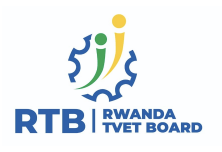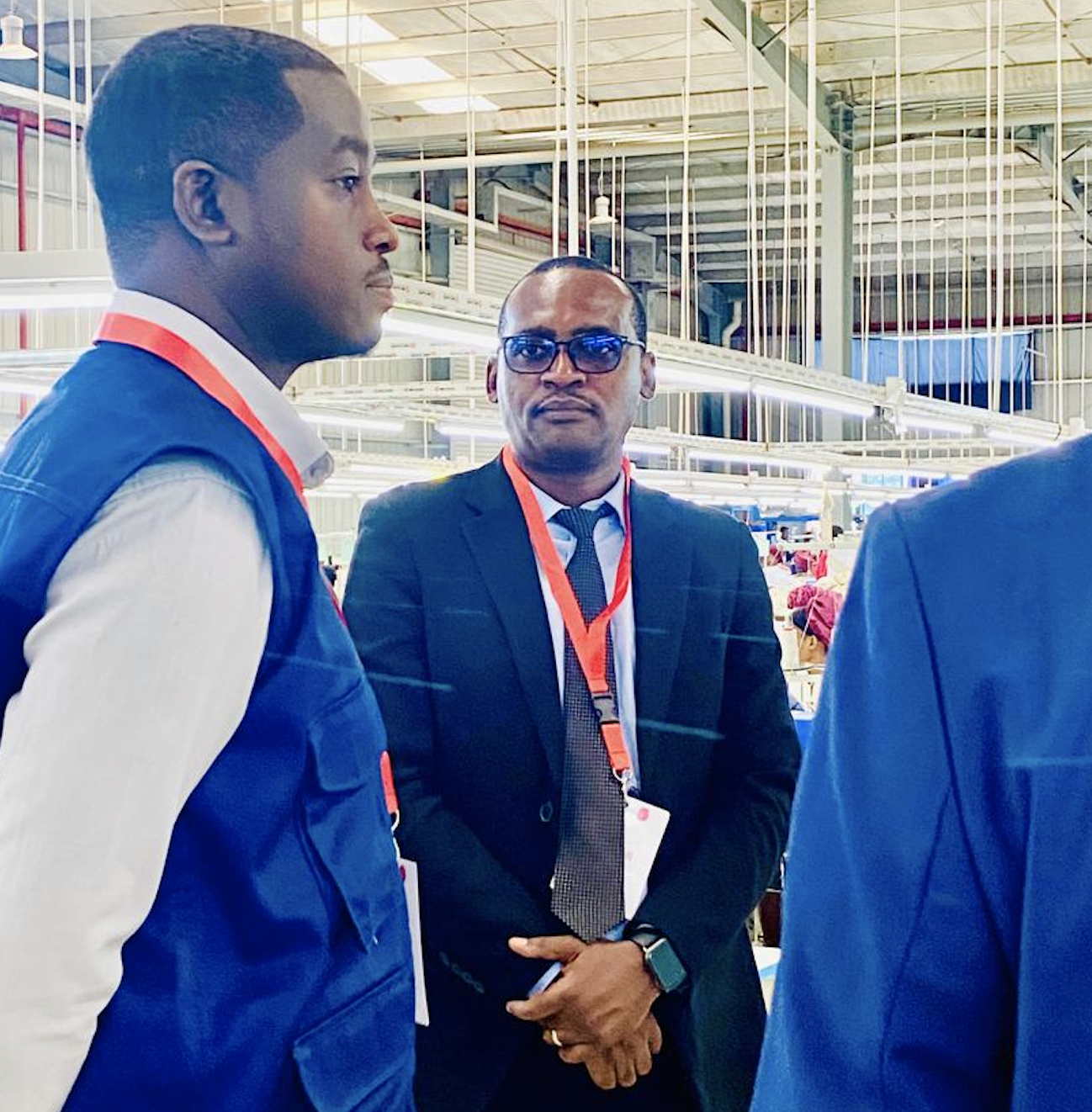Rwanda TVET Board (RTB) sets the requirements for institutions and industries to apply for authorization to deliver short courses.
Unemployment remains one of the key challenges facing young people, and technical short-term training offers a solution to this issue. The NEET category in Rwanda consists of individuals from all educational backgrounds. To address this challenge, the Rwanda TVET Board calls on all institutions, including industries, to actively participate and contribute to the skills development of Rwandan youth through short-term training programs.
The provision of authorization to private institutions (including private companies, associations, cooperatives, trade unions, and non-governmental organizations) aims to promote private sector ownership in skills development, enabling these entities to support the local population—especially youth in their respective areas of operation by providing employable skills.
A company or organization seeking authorization to offer short courses will submit a request to the Rwanda TVET Board (RTB) in line with the established requirements. The RTB will review the application, assess compliance, and conduct due diligence, including physical verification. Once all requirements are fulfilled, the applicant will agree with the RTB on the training content or curriculum and will receive approval to commence the training.
RTB has developed a list of requirements, available on both the RTB and SDF websites, and invites organizations to apply. The requirements for obtaining authorization consist of the following:
- Completed application form including detailed contacts of the applicant, the applicant’s legal status, key activities applied for, mission and objectives, training content and delivery process, available training equipment, administrative and technical staff with their qualifications, and the estimated number of trainees to be hosted. The form is available at https://www.rtb.gov.rw/ and www.sdfrwanda.rw.
- Recognized registration certificate
- Skills gap report
- Curriculum/training program
- Signed Memorandum of Understanding (MoU) with partners for training centers, where applicable
- Photographs of the institution’s infrastructure, buildings, and equipment intended for the training
- Proof of ownership of training equipment
- Proof of ownership or rental agreement for the training premises


